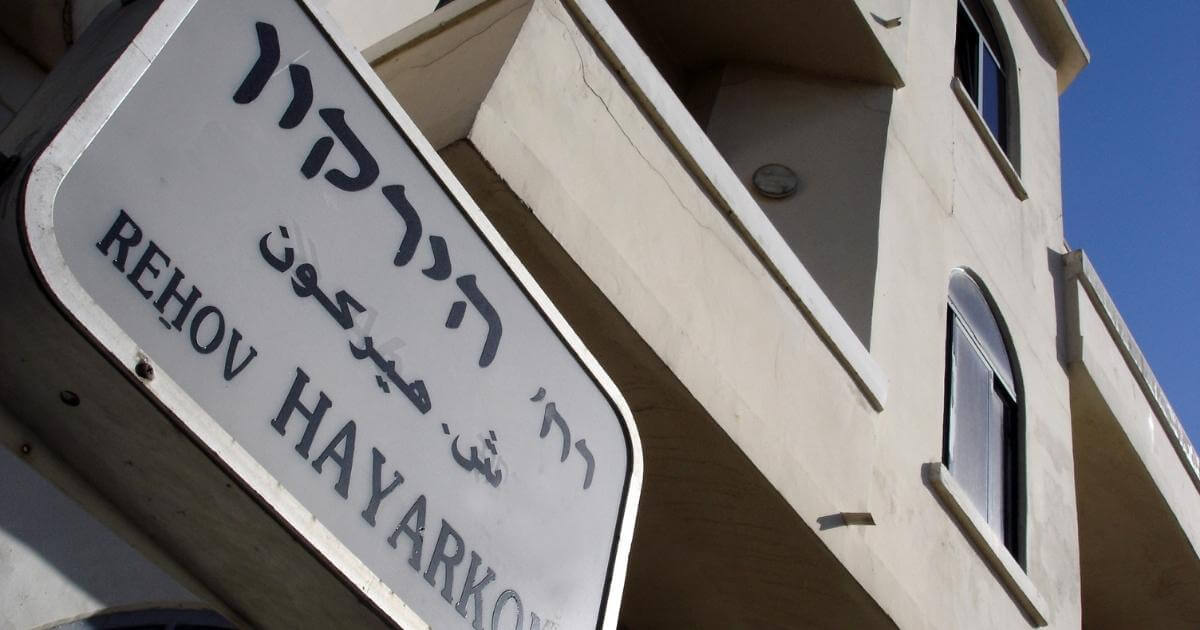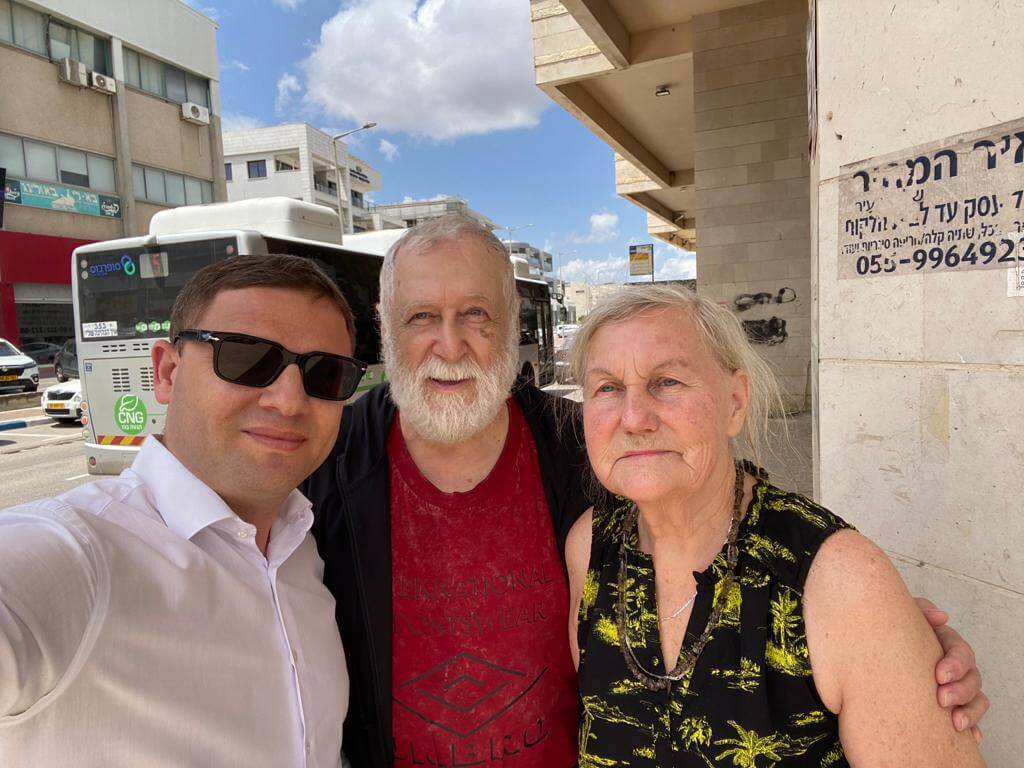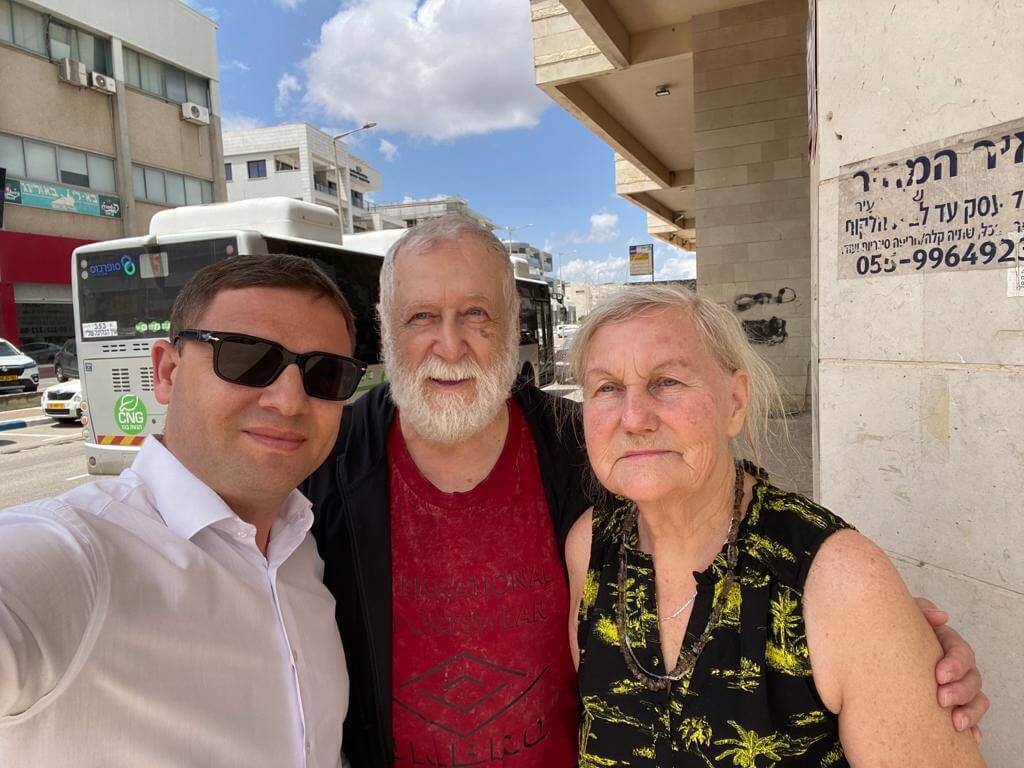When dealing with real estate transactions, the help of professional lawyers is usually required. If you want to make a real estate transaction but don’t know all the intricacies, read our article.
- You need to know everything about the condition of your apartment. It is your direct responsibility to conduct all necessary checks and be aware of all nuances concerning the technical condition of your property. The condition of the property is a fact that you declare by signing the sales contract, and you are also obliged to inform the buyer in detail about it during negotiations.
- The buyer checks. The buyer or their representative has the right to either inspect the housing themselves or invite a specialist for an expert assessment of the property’s technical and legal status. And the seller must provide the buyer with this opportunity.
- Obligation to provide information. The buyer is entitled to receive from the seller data regarding the address of the property, the number of the apartment or plot.
- Encumbrances. The seller is obliged to find out in advance if there are any encumbrances on the apartment, which include: a mortgage loan; pledge; arrest.
- In order for the seller to be able to transfer the ownership to the buyer, the property must be free from any encumbrances, debts, or third-party rights, which may be represented by banks or other organizations.
- Sources of financing. If the buyer of the property uses not only personal funds but also funds from credit institutions (mortgage) for the purchase, the seller would be wise to require the buyer to present an agreement with the bank on the provision of a loan. The mortgage approval contained in this agreement will be a guarantee that the bank is ready to finance this transaction.
- Personal reserve when buying. Even if a credit organization has preliminarily agreed to provide the buyer with a mortgage loan, the seller is advised to ensure that the potential buyer has a personal financial reserve. This may be necessary if the real estate expert assessing the property deems that the market value of the apartment is lower than the price stated by the seller, and the credit organization cancels the loan.
- Use the services of a professional lawyer specializing in real estate transactions. This is a very important point. Accompanying the sale with an experienced real estate attorney will greatly facilitate the process, secure the sale procedure, and save you from unpleasant surprises in the future. In Israel, as in the rest of the world, the purchase of real estate is conditioned by a large number of legal formalities, the need to draft and sign numerous documents, including those that neither the seller nor the buyer have heard of before. Such specific documentation includes a package of trust documents, the registration of a cautionary note, as well as the drafting of an irrevocable power of attorney necessary for the cancellation of this very cautionary note, the drafting of a power of attorney for the transfer of property rights in the name of the seller, etc.
- One lawyer for both parties. Legally, this is perfectly acceptable, and often the interests of the buyer and seller are represented by the same real estate attorney. This situation has its advantages, as in this case, the resolution of most issues depends on one person and does not require lengthy negotiations between the parties. However, sometimes such a situation can lead to a conflict of interests. In any case, the final decision remains with the parties to the transaction.
- The absence of the seller in Israel. This problem is solved with the help of a document called “irrevocable power of attorney,” which the real estate seller issues at the Israeli embassy in the country of their location.
- Conclusion of the transaction. The completion of the real estate purchase and sale transaction is conditioned by the receipt, drafting, or provision to various authorities of certain documents:
- The seller is responsible for paying the “mas shevach” tax — the so-called capital gains tax, as well as providing a certificate of payment of this tax;
- The seller’s responsibility includes obtaining documents in the municipality that confirm the payment or exemption from payment of duties and subsequent registration of this in TABO;
- The seller is obliged to provide the buyer with a power of attorney, as well as documentation on the sale or long-term lease.
- After receiving all these documents, the buyer makes the last of the payments to the seller’s account.
- Until the seller provides the buyer with all the required documents, a certain amount, which is part of the last payment for the acquired property, is held by the lawyer as a deposit. From this amount, he is entitled to pay the necessary taxes. Remember that all these details are agreed upon in advance in the contract.
If you need professional consultation or transaction support, send a request from our website, and a lawyer from Alex Zernopolsky’s office will contact you shortly.






























